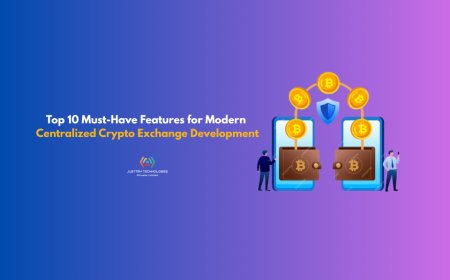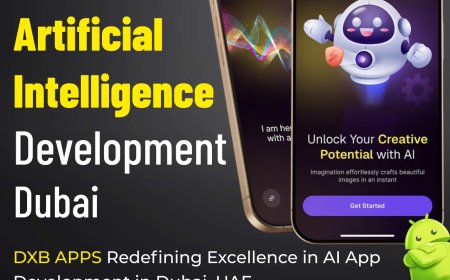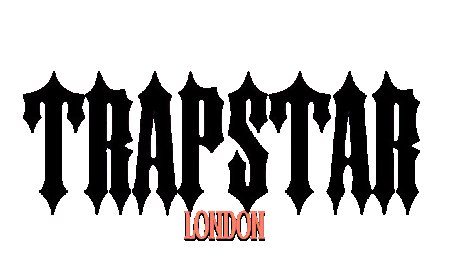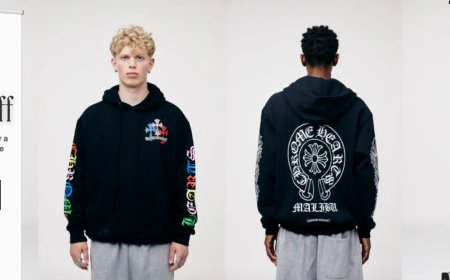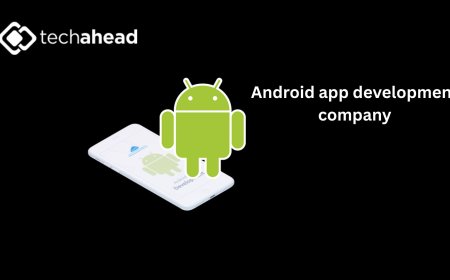The Evolution and Growth of Creator Management Tools and Influencer Talent Management

In recent years, the digital landscape has undergone a remarkable transformation, driven largely by the rise of content creators and social media influencers. As this ecosystem expanded, the need for specialized tools to manage, coordinate, and optimize influencer activities became evident. This gave rise to creator management tools and influencer talent management platforms, which have experienced rapid growth and innovation, reshaping how brands, agencies, and creators interact.
The Rise of Influencer Marketing and Content Creation
The advent of social platforms like Instagram, YouTube, TikTok, and Twitch has democratized content creation, enabling individuals to turn their passions into lucrative careers. As influencer marketing evolved into a multi-billion-dollar industry, brands sought more efficient ways to discover, collaborate with, and manage influencers.
This burgeoning demand spurred the development of dedicated management tools designed to streamline workflows, track performance, and foster stronger partnerships between brands and creators.
What Are Creator and Influencer Management Tools?
Creator management tool are software solutions that assist content creators and influencers in organizing their activities. These tools typically offer features such as content scheduling, analytics, brand outreach management, payment processing, and audience engagement metrics.
Influencer talent management platforms extend this concept further by acting as intermediaries or agencies that connect brands with suitable influencers. They provide comprehensive databases, campaign management systems, contract handling, performance tracking, and reporting functionalities.
Key Features
Candidate Discovery & Outreach: Tools enable brands and agencies to identify influencers matching specific demographics, interests, and engagement metrics.
Campaign Management: Coordinating collaboration details, content timelines, approvals, and deliverables.
Performance Analytics: Tracking views, engagement, conversions, and ROI.
Payment & Contract Handling: Managing payouts, contracts, and legal documentation.
Relationship Management: Building long-term partnerships through CRM features.
Growth Drivers of the Industry
Several factors have propelled the growth of creator management and influencer talent platforms:
Explosion of Social Media Platforms: The proliferation of new platforms like TikTok has expanded reach and diverse content formats, necessitating specialized management tools.
Increased Investment in Influencer Marketing: Brands allocate more budget toward influencer collaborations, demanding measurable results and streamlined processes.
Desire for Authenticity: Influencers are seen as genuine voices, making authentic relationshipsor managed, strategic collaborationsmore valuable.
Technology Advancements: Developments in AI, data analytics, and automation have enhanced targeting, performance tracking, and campaign optimization.
Global Reach: Geographical diversification has expanded audiences and influencer markets, requiring sophisticated management solutions.
Development Trends & Innovations
The evolution of these tools has been characterized by ongoing innovation:
Automation & AI Integration
AI-driven tools now provide predictive analytics, audience insights, and content recommendations, making campaign planning more precise.
Data-Driven Decision Making
Enhanced data collection allows for better influencer selection, campaign customization, and performance measurement, increasing ROI.
Integration with E-Commerce
Shoppable content and integrated storefronts facilitate direct purchasing, bridging influencer marketing with sales conversion.
Focus on Compliance & Transparency
Tools now include features ensuring compliance with advertising standards, FTC guidelines, and clearer disclosure practices.
Community and Network Building
Platforms facilitate networking among creators and brands, fostering collaborative communities for long-term growth.
Challenges and Future Outlook
While the industry continues to flourish, challenges such as creator fatigue, authenticity concerns, platform algorithm changes, and regulatory scrutiny remain concerns for stakeholders.
Looking forward, the market is poised for continued innovation, with emerging trends like virtual influencers, augmented reality integrations, and more personalized, AI-powered management solutions on the horizon.
Conclusion
The growth and development of creator management tools and influencer talent management platforms have fundamentally transformed the influencer marketing ecosystem. With ongoing technological advancements and increasing industry adoption, these tools will continue to play a vital role in shaping the future of digital content creation and brand collaboration.



